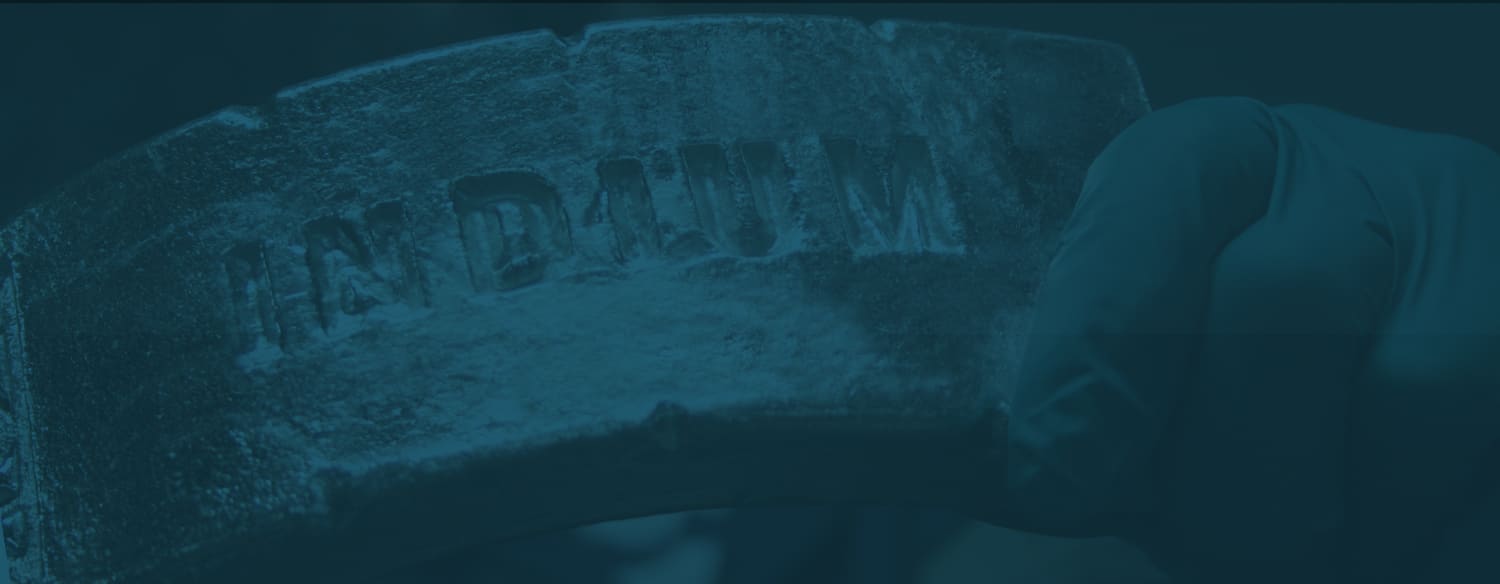Folks,
Imagine my excitement when Laurence Knight of the BBC contacted me to see if I was interested in being interviewed on the topic of tin pest, with a secondary discussion on tin whiskers. After a 30 minute phone call, it appeared that I passed muster, as I was asked to come to their studio to have a formal interview. Immediately, visions of visiting London crowded my mind. I haven’t been to London in a while and I would like to see the Tower of London and the London Science Museum again. Suddenly, a dreadful thought sweep over me, they probably have a studio in the US, perhaps Boston. So, in my mind, I quickly settled on a visit to the Boston Science Museum and the Isabella Stewart Gardner Museum to see if there is any news on the fate of the art treasures stolen 25 years ago. Rembrandt's "The Storm on the Sea of Galilee" was one of the paintings stolen in the 1990 robbery at the Isabella Stewart Gardner Museum in Boston.
Even this meager plan was soon dashed, when Laurence informed me that they could likely use a PBS studio in Vermont or New Hampshire. I actually ended up in a radio studio at Dartmouth. Somehow by using an ISDN telephone line and recording at Dartmouth and in the UK they can achieve acceptable fidelity.
From the outset, I wanted my message to be:
- The reliability concerns for tin whiskers are well founded, however there are many mitigation and design techniques that can reduce tin whisker risk.
- Tin pest is much rarer than tin whiskers, however there appears to be little effort in mitigating tin pest at all. This lack of attention may cause some tin pest failures in cold environments.
- Interestingly, the mitigation for tin pest (2% bismuth or 0.5% antimony) also dramatically suppresses tin whiskers.
So, on January 20th, I was interviewed in the Dartmouth radio station (alas only ¼ of a mile from my office) for 20 minutes. The broadcast occurred on January 29th. I didn’t know that my interview was part of a much larger story on tin metal. The 20 minutes I spoke was pared down to just a few. I let you decided if the trimmed version got the message across I intended. I am speaking about 35% through the audio file.
Cheers,
Dr Ron


